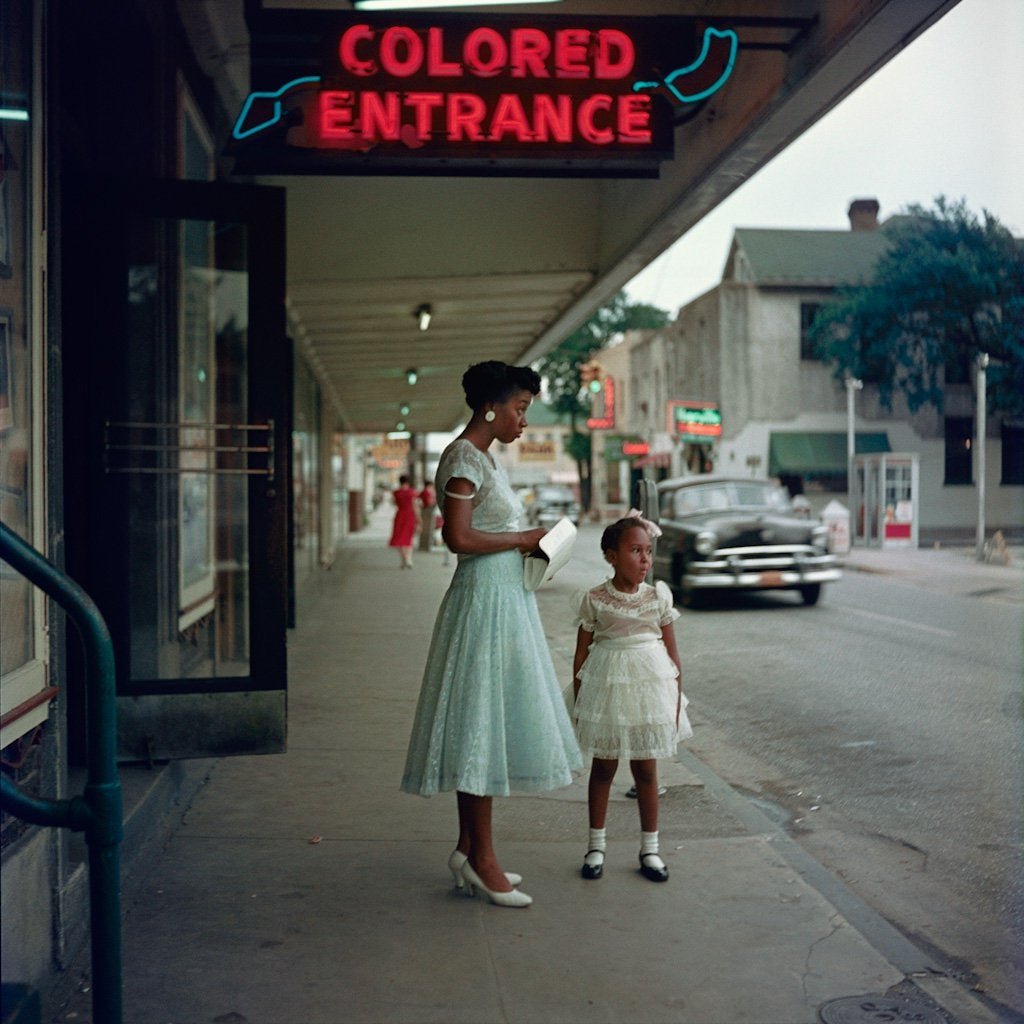Meeting African Americans Born After Slavery
This month my family is celebrating Black History Month through cooking through Jubilee and discussing historical figures and events related to or inspired by the food we eat.
Last night, we took a trip to West Africa for West African Groundnut Stew, a stew inspired by the Senegalese peanut stew. This particular stew was from African slaves, reimagined in the American South.
We took the night to learn about African Americans who would have been born in the early 1900s, who would have likely known someone who was a slave, if their family was not. The enduring strength of these men and women along with their achievements is inspiring. I don’t want to waste a minute of my freedom.
Learn more about who we discussed: Black History Month With the Newbells
RELATED CONTENT








This year we are taking a different approach. Instead of studying history, we are going to walk through it.
We are focusing our attention on experiencing Black history.